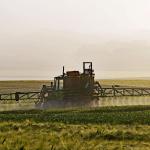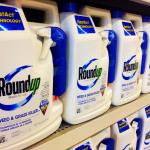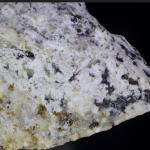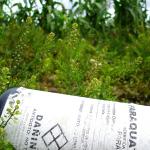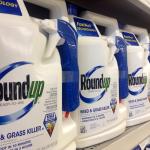If you search for “glyphosate in food,” you'll run headfirst into an endless list of copycat stories, all warning about the dangers of weedkiller-tainted cereal, bread, crackers, baby food, chips, eggs, meat— and basically any other food you can t
Chemicals & Chemistry
Attacking pesticides is sexy. Many activists, lawyers and journalists have made careers out of propagating a simple, compelling narrative about the chemicals farmers use to produce our food.
It seems not a month goes by without an “investigative reporter” somewhere on the internet warning about the dangers of pesticides and the EPA's failure to do anything about them.
The Conversation bills itself as a website designed to “Unlock the knowledge of researchers and academics to provide the public with clarity and insight into society’s biggest problems.” Their s
Roughly two dozen elements are named after people or places. You know some of them... curium, einsteinium, livermorium, nobelium, etc. Most of these elements are "ghosts" – they don't really exist.
It's summer. Finally. Winter is over. COVID is on its way out. But be careful. According to Autoinsurance.org, the most dangerous driving day of the year is upon us.
For the better part of six years, anti-GMO groups circled the wagons around a single message: the weed killer Roundup (glyphosate) causes cancer, specifically Non-Hodgkin's Lymphoma (NHL).
Despite the allegations of greedy trial lawyers and greedy, ideological activist groups, a massive body of peer-reviewed research has confirmed that glyphosate, the active ingredient in Bayer's Roundup weed killer, poses minimal risk to human




